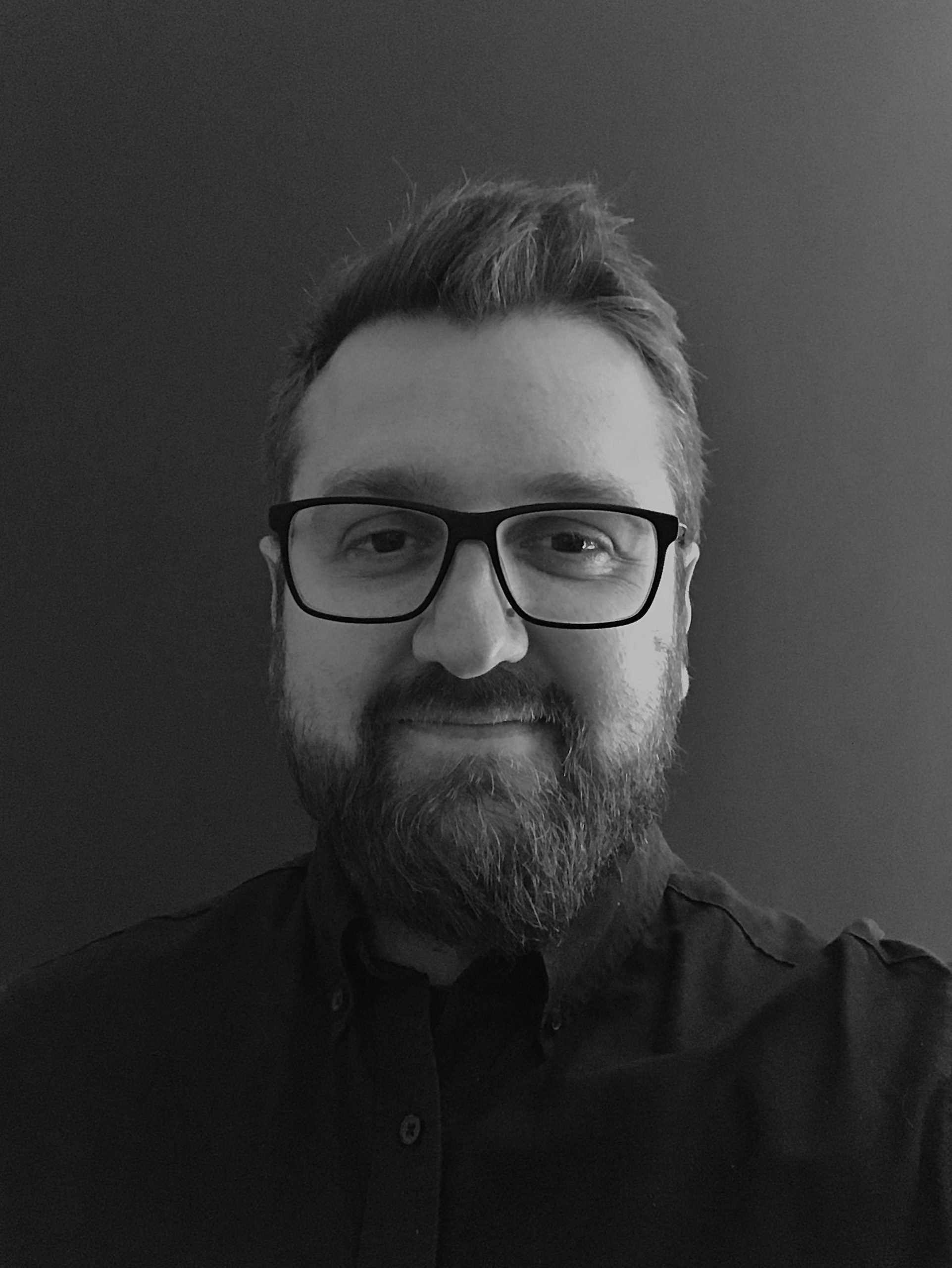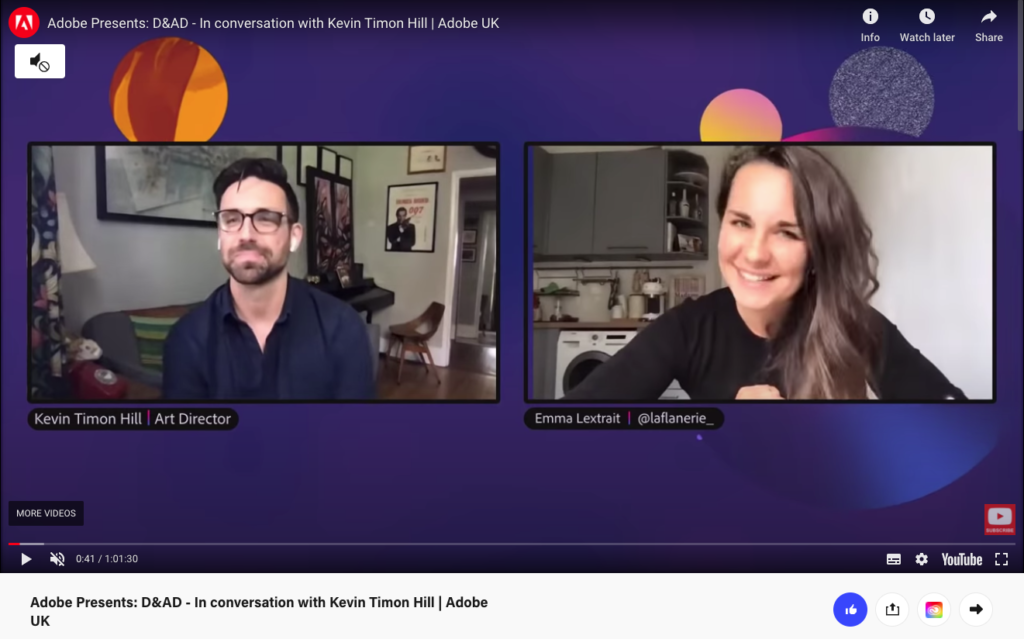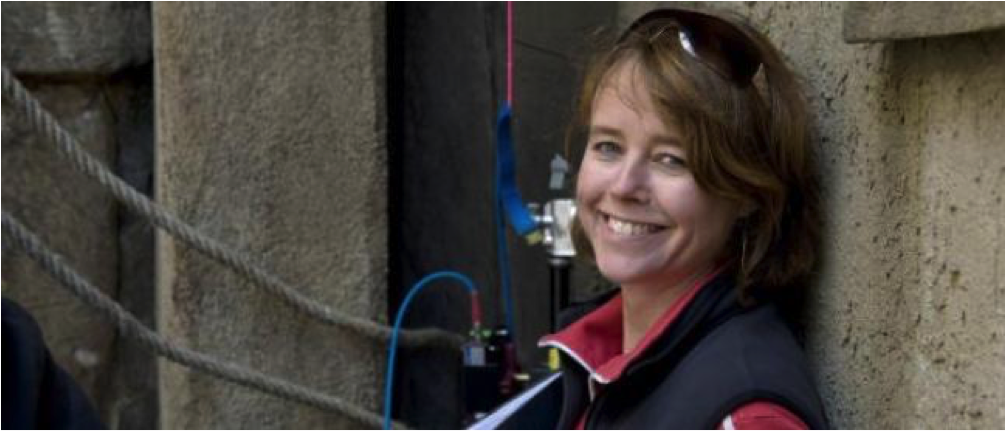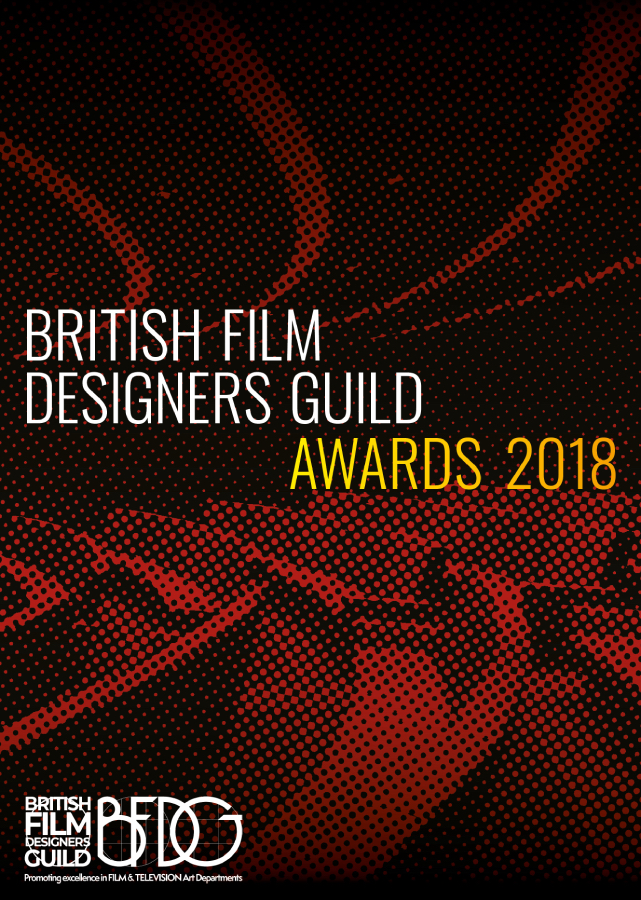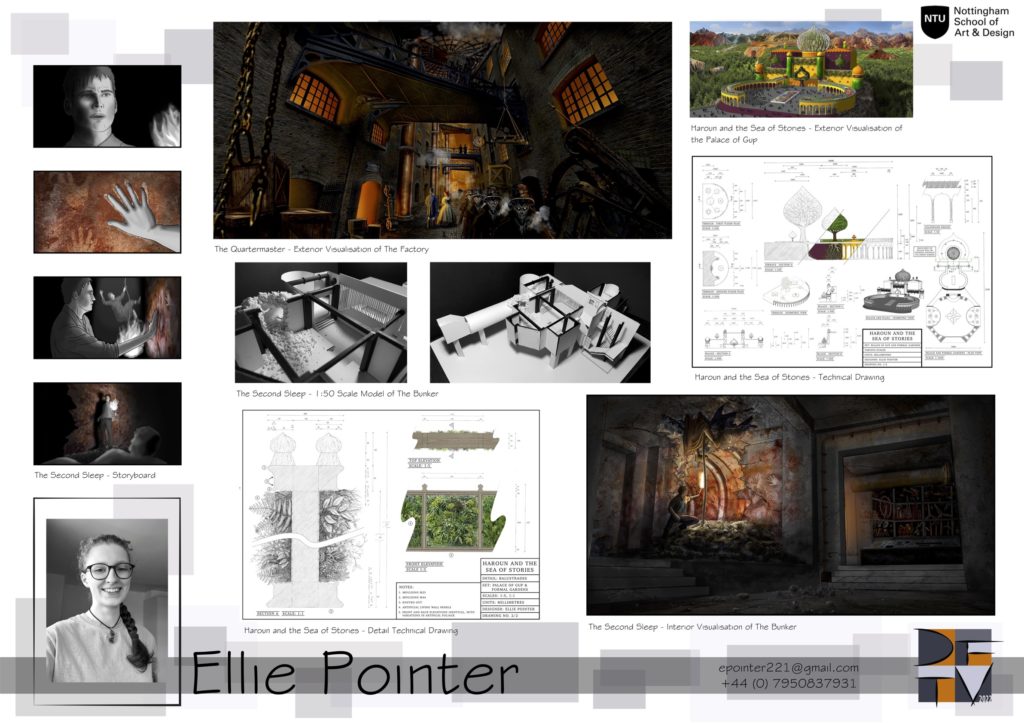Name
Sam Keehan
Role
Creative Director – Territory Studio
What 5 skills are essential to your job?
- Behind the screen, the films I’ve worked on are crafted by large, diverse teams of individuals that possess specialised skills. Making sure the teams I lead can communicate well ensures that a vision is realised, and great work is achieved.
Communication is by far the most important part of my role. In the work I do, I aim to help translate and present narratives or ideas to vast audiences in an accessible way to help ensure as many people as possible can understand and contemplate them. - Design approach: I’ve learned there’s always a way to get from A to B. With a design-led approach, there’s always a solution that can be found. No matter which way we do it, there is a way to do it, and a way to design a way out of any problem.
- Determination and commitment are key. Clients can be understandably demanding. There’s an abstract vision to recreate, many moving parts in play at any one time and schedules can be really tight. Going the extra mile at times has helped give a client confidence that the team can execute their vision.
- Surrounding myself with the right people has made a real difference in my career. I think it’s really important to learn from your peers, they will encourage development as you will encourage theirs. Learning from the people around you is the best and most natural way to absorb information. Being with great people really helps you develop as an artist.
- Knowing when to stop, re-evaluate, and query whether there may be a more efficient way of achieving a goal. This can protect a team’s talent and energy, and help get the very best out of them.
How did you get into the industry?
My journey to get here was both serendipitous and fluid. I took a degree in Visual Communications, mostly for print, but I found myself working in After Effects. After I finished college, I sent hundreds of applications to Design and VFX studios in London. One studio I interviewed with suggested I spoke with Territory co-founder David Sheldon-Hicks. He put me in touch, and things happened from there.
My design education helped me transition into working on Screen Graphics and UI, and I had a very open approach to work, be it running, driving props to a set or sitting at a computer designing. That gave me quite a broad foundation to work from. From there, I started doing lots of on-set work on films like Hunter Killer, Nightflyers and more recently The Batman. I tried to take on as much as I could and soaked up a lot of experience. Eventually, I found a speciality in the studio and worked up from there.
What relevant qualifications do you have?
I studied at Limerick School of Art and Design which gave me a grounding in typography and design thinking. Outside of that experience, I have no relevant professional qualifications, but being on-set, figuring things out on the job, and “learning by doing” has got me fairly far.
What does a typical working day look like?
In theory, my day involves: going through as many of the projects as I can with the Art Directors and artists to get creative juices flowing early. Once everyone is up and running, I zip around and chat with the other members of the team to ensure planning, process, and resourcing are all in place. Balancing work so no one is overworked, but that everyone is busy is an art in itself. Ensuring artists and specialists have what they need to proceed and progress and that work can continue is tough, but that’s the job! Outside of that, I’m usually catching up with teams, brainstorming ideas or going through their creative output.
What are the most and least enjoyable aspects of your job?
Most enjoyable is the comradery. Finishing a job with a team and celebrating that together is such a great feeling. Watching artists making amazing things work and turning an abstract brief into a living creation always blows me away.
I’d say the least enjoyable part is pulling artists back from going down creative rabbit holes. It’s so hard to balance letting an artist follow their passion to produce their best work with delivering on the director’s vision, but that’s my role at times.
What has been the most challenging project of your career so far?
Working on Ready Player One came quite early in my career. I had a lot of responsibility and pressure on that one. Every day was a steep learning curve. Working on a Spielberg film definitely gave me a clear understanding of the level of quality work needs to reach. It definitely felt like a “make or break” moment for me! I really had to rise to the occasion for that one!
What did you want to be growing up?
I think I wanted to be a footballer, which couldn’t be further from the truth now. It took a while for me to realise I was more interested in drawing. I didn’t know what a designer was but had always been artistic, I just hadn’t realised until I started a sports-related course at university. I did a bit of a u-turn and moved over to art college, and the rest is history!
What is your favourite film and why?
Blade Runner 2049, easily! I had the best time working on it. It was so amazing to have worked on it, but also such a brilliant film in its own right. The look, the feel, the sound design. Everything about it. Otherworldly.
If you could work with any Production Designer or Director, who would it be?
I suppose I’d love to work on a sci-fi Tarantino film, imagine that!!
What is the most unusual location you have worked on?
Limerick, Ireland! I moved to London in order to find work in this business, so being sent back there for film work was really odd! I never thought that would happen. Now, though, there are infrastructures being put in place so that younger artists may be able to access some of this type of work. It would be great to see more artists break into the industry from home.
What advice would you give to your younger self?
Keep working hard. That’s got me most of what I’ve wanted to achieve. Learn to trust yourself a little earlier. If it feels right it probably is right. Try not to doubt yourself too much.
Who would you want to play you in a film of your life?
Leaving Ireland to find work in London, it’s a tale as old as time, it would be a boring film! Having someone better looking than me (but not as good looking as Ryan Gosling) would be ideal! A young Brendan Gleeson would be great!
